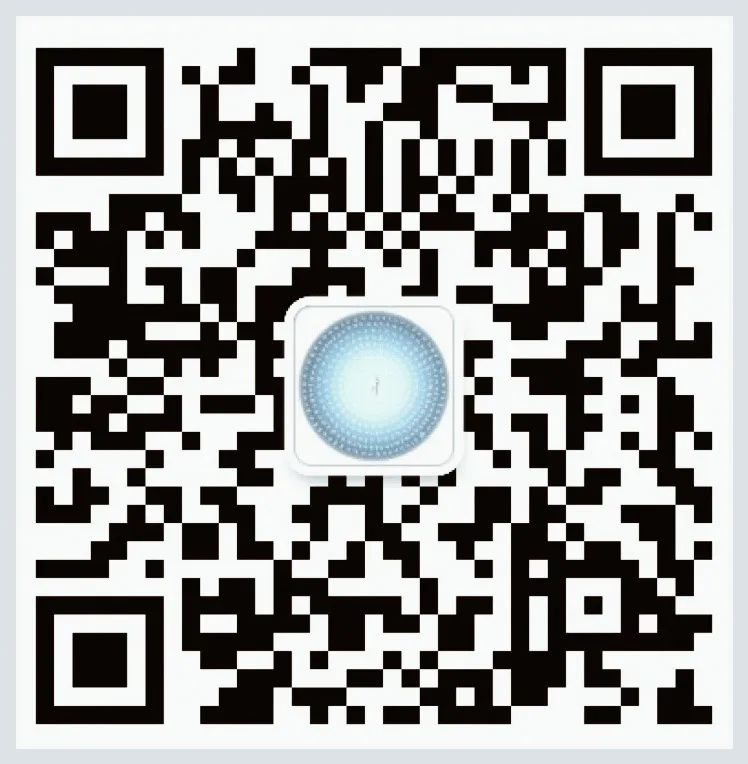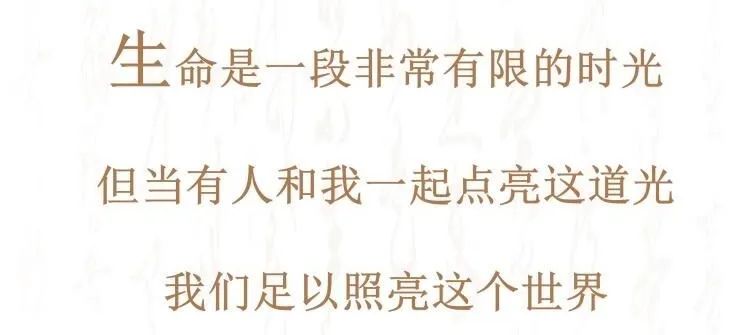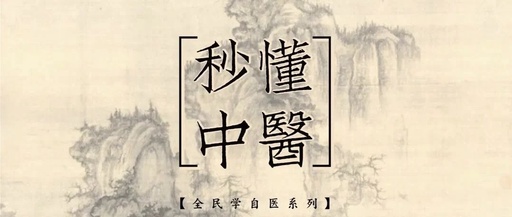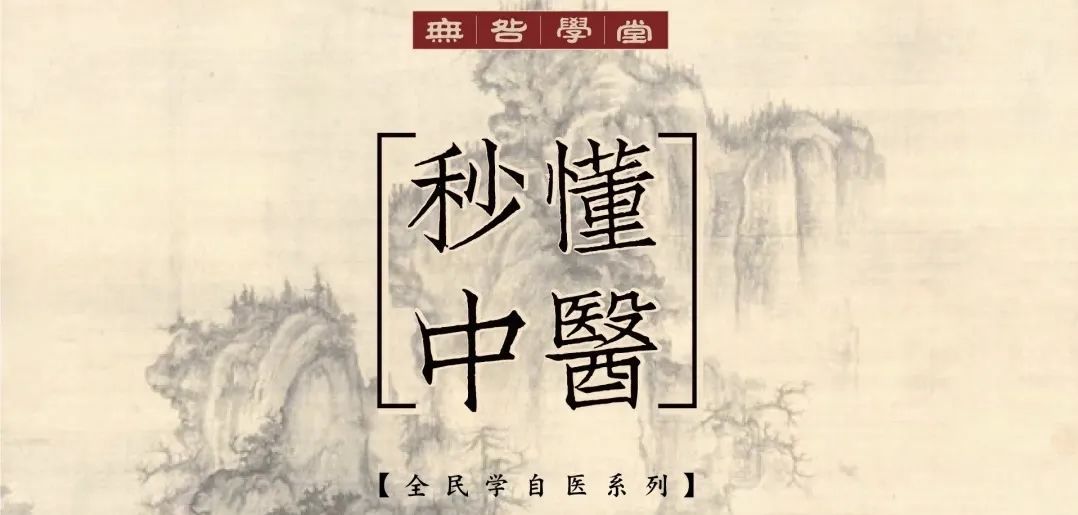
Section Nine: The Eight Extraordinary Meridians (Wei Meridian, Qiao Meridian)
In the previous section, we discussed how the Chong Mai (Penetrating Vessel) gives rise to the Ren Mai (Conception Vessel), Du Mai (Governing Vessel), and Dai Mai (Belt Vessel). These three brothers form the boundaries of the human microcosm, which is essentially a cage that transforms our originally boundless existence into that of a mortal. Within this cage, there are four capable assistants, or stewards, namely: Yang Wei Mai (Yang Linking Vessel), Yin Wei Mai (Yin Linking Vessel), Yang Qiao Mai (Yang Heel Vessel), and Yin Qiao Mai (Yin Heel Vessel).
Yang Wei and Yang Qiao serve as assistants to the Du Mai, while Yin Wei and Yin Qiao assist the Ren Mai. The Wei Mai has a broader scope of authority and heavier responsibilities than the Qiao Mai, as the Wei Mai connects and manages all the meridians within and outside the body, ultimately reporting to the Ren and Du Mai. The Qiao Mai, on the other hand, primarily regulates the balance of the left and right meridians, thus its workload is relatively lighter. Let us examine how they function specifically.
First, let us look at the first assistant of the Du Mai: Yang Wei Mai. Since the Du Mai governs all the “Yang Meridians” of the body, it is akin to a king of a nation. The king requires a chancellor to liaise and balance the relationships among various departments.
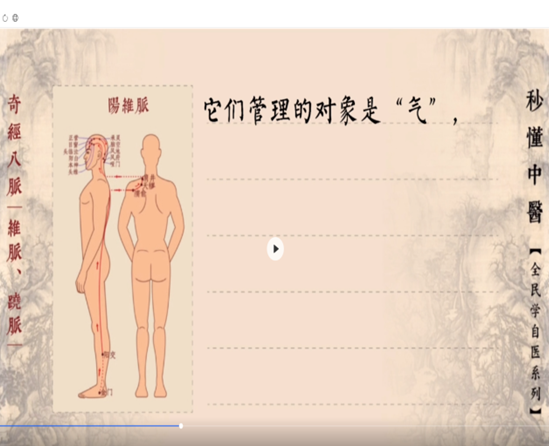
They manage “Qi” (vital energy), overseeing departments such as: the Foot Taiyang Bladder Meridian, Foot Yangming Stomach Meridian, Foot Shaoyang Gallbladder Meridian, Hand Taiyang Small Intestine Meridian, Hand Yangming Large Intestine Meridian, and Hand Shaoyang Sanjiao Meridian. These departments gather surplus energy and provide assistance to those in need, ensuring that all departments operate normally.
Each of these six departments has an office on both sides of the body. When conflicts arise between the two offices of the same department, the Yang Qiao intervenes to mediate, ensuring fairness and cooperation. In other words, the Yang Qiao is responsible for maintaining harmony among the six departments, while the Yang Wei manages the collaboration between them and reports to the Du Mai.
If we consider the Du Mai as the king, then the Ren Mai is the queen. The Du Mai governs the external, while the Ren Mai governs the internal, and the Ren Mai also has a capable assistant, the Yin Wei Mai.
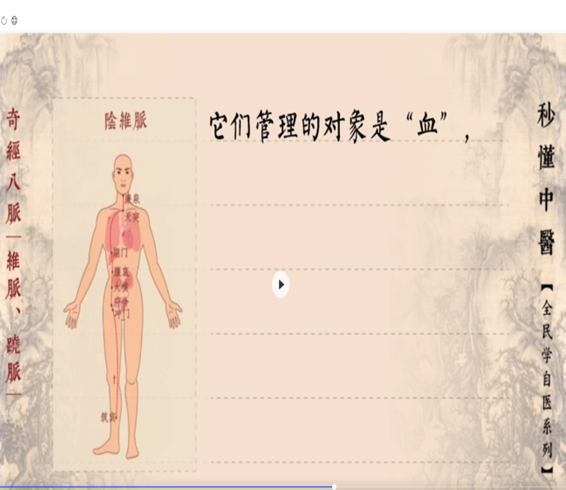
They manage “Xue” (blood), which is the material aspect. Their subordinate departments also consist of six major meridians: Foot Taiyin Spleen Meridian, Foot Jueyin Liver Meridian, Foot Shaoyin Kidney Meridian, Hand Taiyin Lung Meridian, Hand Shaoyin Heart Meridian, and Hand Jueyin Pericardium Meridian. Their work is similar to that of the Yang Wei Mai, but they manage different aspects. The Yin Qiao operates under the same principle, as these six Yin meridians also have counterparts on both sides of the body, thus the Yin Qiao regulates their internal conflicts to prevent unfair situations. The term “Qiao” refers to a seesaw, hence the need to balance both sides.
Through the explanations in these two sections, I believe everyone now has a clear understanding of the Eight Extraordinary Meridians. Let us summarize:
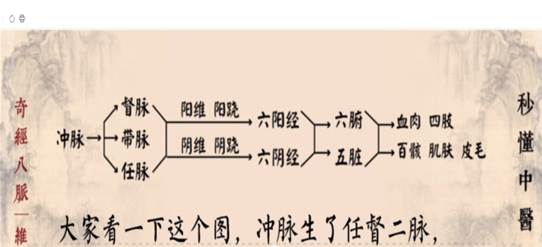
As shown in this diagram, the Chong Mai gives rise to the Ren and Du Mai, which in turn give rise to the twelve meridians. The Yang meridians produce the six fu organs, while the Yin meridians produce the five zang organs. The five zang and six fu organs then give rise to the limbs and body, manifesting our physical form. At this point, some may wonder: yes, it is true that we first have Qi, then we have blood; first we have meridians, then we have the physical body. Our existence transitions from the formless to the formed, while death is the process of returning from form to formlessness.
In the next section, we will discuss the functions and roles of the twelve meridians governed by the Ren and Du Mai in the human body.

Huang Jing (Polygonatum sibiricum), along with Ren Shen (Ginseng), Ling Zhi (Reishi Mushroom), and Fu Shen (Poria), is known as one of the four divine medicines in TCM, earning the title of “the immortal’s leftover grain”.
According to the “Compendium of Materia Medica”: “Huang Jing nourishes all deficiencies, alleviates cold and heat, fills essence and marrow, tonifies Qi and blood, and harmonizes the five zang organs, strengthens the muscles, and fortifies the bones.”
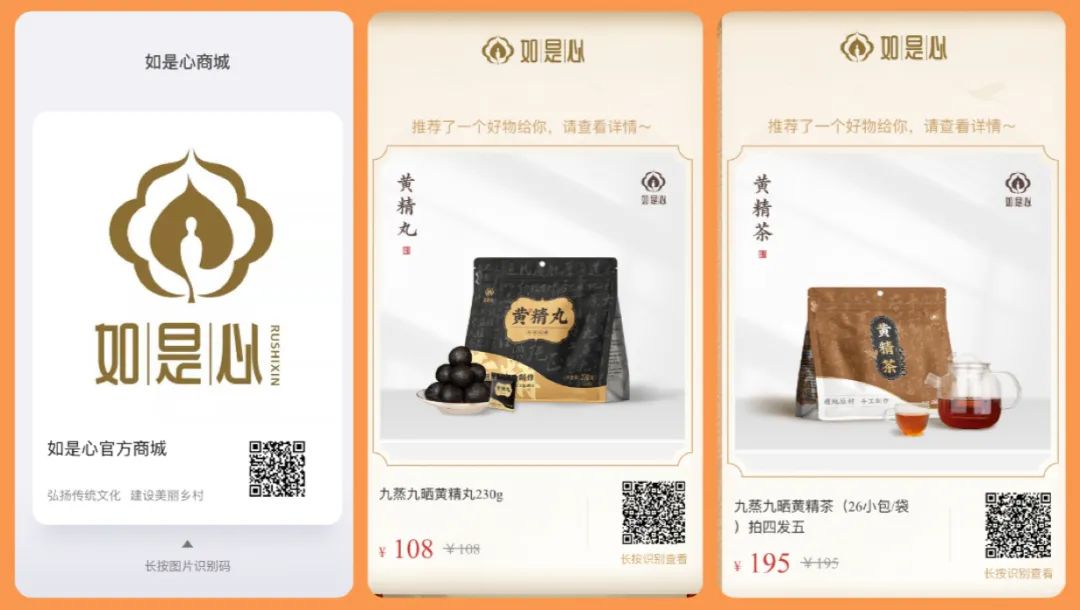
Scan to add WeChat
